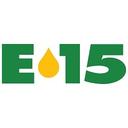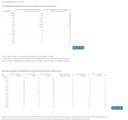New Food Safety Rules Mean Big Changes

November 19, 2014
BY Andrew Anderson
Advertisement
Advertisement
Related Stories
The U.S. EPA on April 19 issued an emergency waiver allowing E15 to continue to be sold during the summer 2024 driving season. The action aims to provide relief from ongoing supply issues created by the war in Ukraine and conflict in the Middle East.
Nearly 1.91 billion RINs were generated under the Renewable Fuel Standard in March, down from 1.92 billion generated during the same month of 2023, according to data released by the U.S. EPA on April 18.
The U.S. EPA on April 18 released updated small refinery exemption (SRE) data, reporting that two additional SRE petitions have been filed under the Renewable Fuel Standard in the past month. A total of 38 SRE petitions are now pending.
U.S. Trade Representative Katherine C. Tai on April 17 discussed efforts to increase market access for U.S. ethanol in Brazil during a hearing held by the Senate Committee on Finance focused on the Biden administration’s 2024 trade policy agenda.
Rep. Zach Nunn, R-Iowa, on April 17 introduced bipartisan legislation to implement year-round E15 sales. The Year-Round E15 Act would allow for sales of E15 in 2024 across eight Midwestern states.





